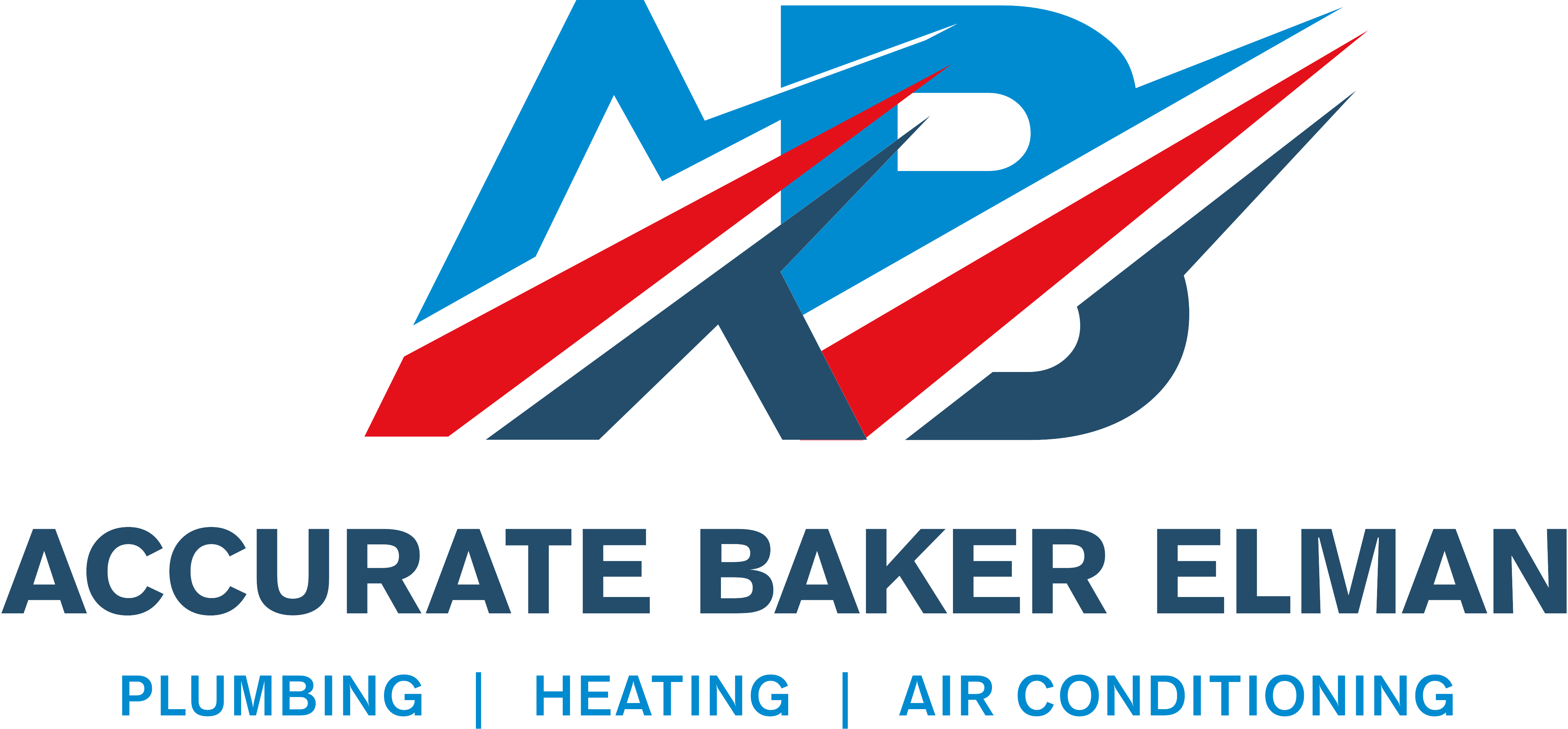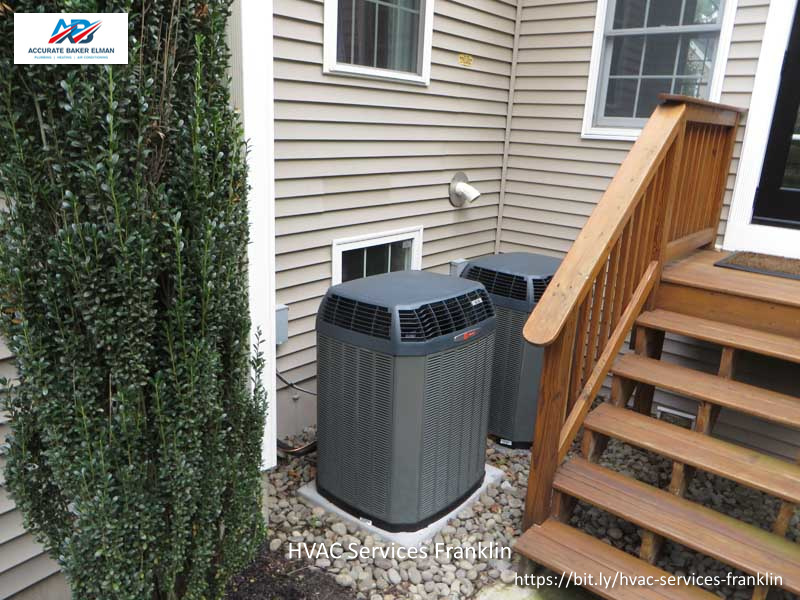Choosing the correct boiler for your home can be daunting, especially if you need to become more familiar with the available types and features. But fear not. This complete buying guide is here to help!
In this blog post, we’ll take you through everything you need to know about choosing the right boiler for your home. We’ll cover everything from the different types of boilers available to their efficiency ratings and costs. We’ll also provide tips on adequately sizing your boiler, so you can ensure that it meets your home’s heating needs without wasting energy or money. So whether you’re replacing an old boiler or installing a new one for the first time, this guide will give you all the information you need to make an informed decision and choose the right boiler for your home.
Choosing the Right Boiler
Choosing the correct boiler for your home is a decision that requires careful consideration of several factors. First and foremost, you need to assess the size and energy efficiency of the boiler, as this can significantly impact heating costs. You should also evaluate the different fuel types available in your area to determine which option will be most cost-effective for your household. Additionally, comparing brand warranties before purchasing ensures hassle-free operation over time.
Another critical factor to keep in mind is the installation process. Hiring certified professionals with experience installing boilers guarantees that everything is set up correctly is essential. Regular maintenance check-ups are also necessary to ensure your boiler continues operating safely and efficiently for years. By carefully considering all these factors, you can find the perfect heating solution for your home that meets your needs and budget while providing reliable warmth throughout the year.
Factors to Consider in Boiler Sizing
Proper boiler sizing is crucial to ensure efficient heating. When choosing a boiler, factors such as home/building size, insulation, climate, hot water usage habits, number of occupants, and additional heating needs. Consulting with an HVAC contractor can ensure accurate sizing and selection of the right boiler for specific requirements. Here are some factors to consider when sizing a boiler:
- Home/building size: The square footage or volume of the space being heated is an essential factor in determining the boiler size. Larger homes or buildings require a more powerful boiler to provide adequate heat.

- Insulation: The level of insulation in the home or building affects its heat retention capabilities. Well-insulated structures require less heat input, while poorly insulated ones need more heating power.
- Climate: The local environment plays a significant role in determining the heating requirements. Colder climates typically require larger boilers to cope with the increased demand for heat.
- Hot water usage habits: If the boiler is also responsible for providing hot water, usage patterns should be considered. Factors like the number of bathrooms, showers, and sinks and the frequency and timing of hot water usage will influence the boiler size.
- Number of occupants: The number of people living or working in the building affects the heat load. More occupants usually mean a higher demand for heating.
- Additional heating needs: If there are different heating needs in the building, such as radiant floor heating, snow melting systems, or multiple heating zones, these requirements must be factored into the boiler sizing calculations.
- Efficiency considerations: Boiler efficiency is an important aspect to consider. Higher-efficiency boilers may have lower output capacities but can still meet heating demands due to their superior performance.
Different Types of Boilers
You have provided an accurate overview of the three main types of boilers. Here’s a closer look at each type:
Combi Boilers (Combination Boilers):
Combi boilers are popular for their compact size and efficiency. They provide central heating and hot water from a single unit, eliminating the need for a separate water storage tank. Combi boilers heat water directly from the mains when a hot tap is turned on, providing instant hot water. They are best suited for small to medium-sized homes with low to moderate hot water demands.
System Boilers
System boilers work with a separate hot water storage cylinder to meet higher hot water demands. They provide central heating by circulating hot water through radiators, similar to conventional boilers. System boilers are advantageous in larger homes where simultaneous hot water usage is common, as they can deliver hot water to multiple outlets at once. They also eliminate the need for the loft’s cold water storage tank.
Conventional Boilers (Regular Boilers or Heat-Only Boilers)
Conventional boilers are the traditional type of boiler commonly found in older homes. They consist of a boiler unit, a separate hot water storage cylinder, and a cold water storage tank in the loft. These boilers suit properties requiring a high hot water flow rate, such as homes with multiple bathrooms. Conventional boilers can also work with gravity-fed systems with lower water pressure.
When selecting the most appropriate boiler type, it’s essential to consider the specific needs of your home or building, including hot water demand, available space, and existing heating system infrastructure. Consulting with an HVAC professional or heating engineer can provide valuable insights and help you make an informed decision.
Understanding Boiler Heat Sources
Boiler heating systems rely on various heat sources, such as gas, oil, electricity, and biomass. Gas boilers are the leading choice in Massachusetts due to their cost-effectiveness and efficiency. However, oil boilers are also widely used despite requiring more maintenance. For homes with limited space options, electric boilers offer a viable alternative. Environmentally conscious homeowners often opt for biomass boilers that run on renewable energy sources such as wood pellets or chips. Regular maintenance is essential to ensure optimal performance and longevity regardless of the heat source you choose for your boiler heating system.
Boiler Maintenance Tips and Tricks
Here are some additional boiler maintenance tips and tricks to help you keep your heating system in excellent condition:
Bleed Radiators
If you notice that your radiators are not heating up evenly or producing strange noises, there may be trapped air in the system. Bleeding the radiators can release the trapped air and improve their performance. Simply use a radiator key or screwdriver to open the bleed valve slightly until you hear a hissing sound. Once the water starts to come out, close the valve.
Check for Leaks
Inspect your boiler regularly for any signs of leaks. Look for water puddles, damp spots, or corrosion around the unit. If you notice any leaks, addressing them promptly is essential, as they can lead to further damage and inefficiency.
Monitor Water Pressure
Check the boiler’s water pressure gauge periodically to ensure it’s within the recommended range. Low water pressure can indicate a problem with the system, such as a leak or a faulty pressure relief valve. On the other hand, high pressure may require bleeding the radiators or adjusting the pressure relief valve.
Insulate Pipes
Properly insulating the pipes connected to your boiler can help minimize heat loss and improve energy efficiency. Insulation materials are readily available at hardware stores, and applying them to exposed pipes is a relatively simple DIY task.
Clean or Replace Filters
If your boiler has a filter, check it regularly and clean or replace it. Dirty filters can obstruct airflow and reduce efficiency. Consult your boiler’s manual for instructions on proper cleaning or replacement.
Test Thermostat Accuracy
Verify that your thermostat is functioning correctly by comparing its temperature with an accurate thermometer. You may need to calibrate or replace the thermostat if there is a significant difference.
Maintain a Clear Surrounding Area
Ensure that the area around your boiler is free from clutter, debris, and flammable materials. Proper ventilation is essential, so avoid blocking air vents or covering the boiler with objects.
Schedule Professional Inspections
While homeowners can perform regular maintenance tasks, having your boiler professionally inspected and serviced at least once a year is crucial. A qualified technician can thoroughly inspect the system, identify potential issues, and perform necessary repairs or adjustments.
Remember, if you need clarification on boiler maintenance or encounter a problem requiring professional assistance, it’s always best to consult a qualified heating technician to ensure safe and effective operation.
Importance of Boiler Safety Features
Boilers are essential to many buildings and homes, but it’s crucial to prioritize safety when choosing a heating system. Safety features like automatic shut-off valves, pressure relief valves, and low-water cutoffs can help prevent accidents and injuries. These features work together to ensure the boiler operates within safe parameters and automatically shuts off if any issues arise. Flame safeguard controls are also vital as they detect potential flame failure or ignition issues. It’s crucial to have these safety features regularly maintained to make sure they’re working correctly.

Other factors to consider when choosing a boiler include fuel type (such as natural gas or propane), the heat exchanger, radiator type, and annual fuel utilization efficiency. These factors can impact both the efficiency of the system and its overall safety. Ultimately, prioritizing safety in your boiler system is essential for protecting your property and its users.
Conclusion
In conclusion, choosing the right boiler for your home or business is a crucial decision that must be carefully considered. It can be overwhelming with efficiency, sizing, heat sources, and safety features. At Accurate Baker Elman in Massachusetts, we understand the importance of selecting the right boiler for your specific needs. Our team of experienced professionals can help guide you through the process and provide expert recommendations based on your unique situation. With our top-quality products and exceptional service, you can trust that your boiler installation or replacement will be done with precision and care. Don’t settle for less than the best – choose Accurate Baker Elman for all your boiler needs.

